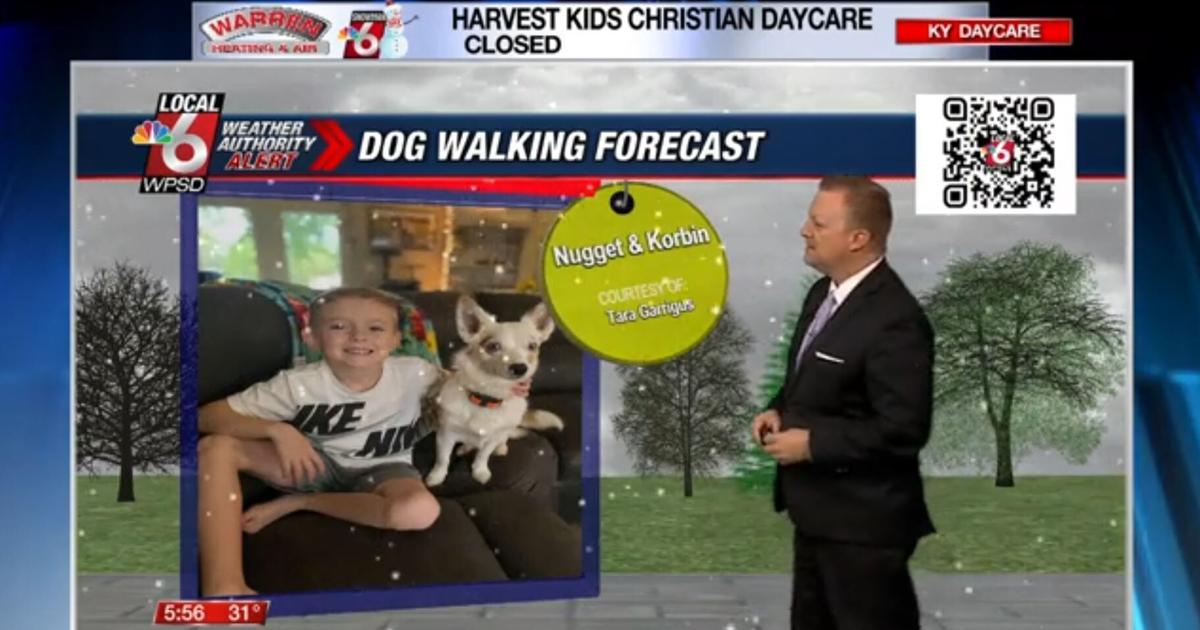News of Russia’s invasion of Ukraine has shaken members of Canada’s Ukrainian community, the largest diaspora population outside of Ukraine and Russia.
“I have a knot in my stomach. I can only imagine what it’s like for people in Ukraine who are living with the shelling,” said Taras Kulish, a Toronto-based charity lawyer and member of the Ukrainian Canadian Congress. “We’re all concerned and there’s a definitely a shock factor in processing it.”
Announcing new sanctions on key Russian figures, Justin Trudeau on Thursday condemned the “horrific, unprovoked attack” on Ukraine.
“We stand united and steadfast in our support of Ukraine’s sovereignty,” the prime minister said. “And we stand in solidarity with the Ukrainian people’s right to decide their own future in a free and democratic state.”
Canada’s sanctions will target wealthy Russians, large banks and members of the Russian security council, including the defence minister, the finance minister and the justice minister. Canada will also halt export permits to the country.
The deputy prime minister, Chrystia Freeland, who is of Ukrainian descent, said Russian president Vladimir Putin’s decision to invade Ukraine placed him in the ranks of the “reviled European dictators” who caused mass death and carnage in the 20th century.
At times speaking in Ukrainian, Freedland also called on fellow members of the Ukranian Canadian community to show strength and to support loved ones affected by the war.
“The Ukrainian people, like all people, must be free to determine their own future,” she said. “We know that the people of Ukraine … are fighting for us too. They are fighting for democracy and we stand with them.”
Canada’s new sanctions comes after it previously pledged C$500m (US$780,770) in financial support Ukraine C$7.8m worth of lethal equipment and ammunition.
For Ukrainian Canadians, news of the invasion has been devastating.
A number of organizations across Canada are quickly raising funds for relief projects, organizing rallies and assisting those with families affected by the war.
The prairie province of Alberta announced it would donate C$1m to the Ukrainian Canadian Congress, a recognition of the large diaspora population in the region– and the long history Ukrainian residents have farming the area.
Kulish, who works closely with humanitarian organizations in Ukraine, says colleagues on the ground have described the surreal experience of shelling near their homes and the constant worry of loved ones.
“I’ve been checking in with colleagues telling them we’re here. We’re praying for you. We’re looking to see what we can do in response. We’re trying to give them that knowledge that people are concerned about them and who love them,” said Kulish. “But you can’t imagine what it’s like. It’s almost unfathomable.”
For the last eight years, Kulish has been involved in work providing trauma therapy clinic’s in the country’s eastern region.
“We’ve been living this for the last seven years, so in one way, we’re terribly prepared for it.”



















Discussion about this post